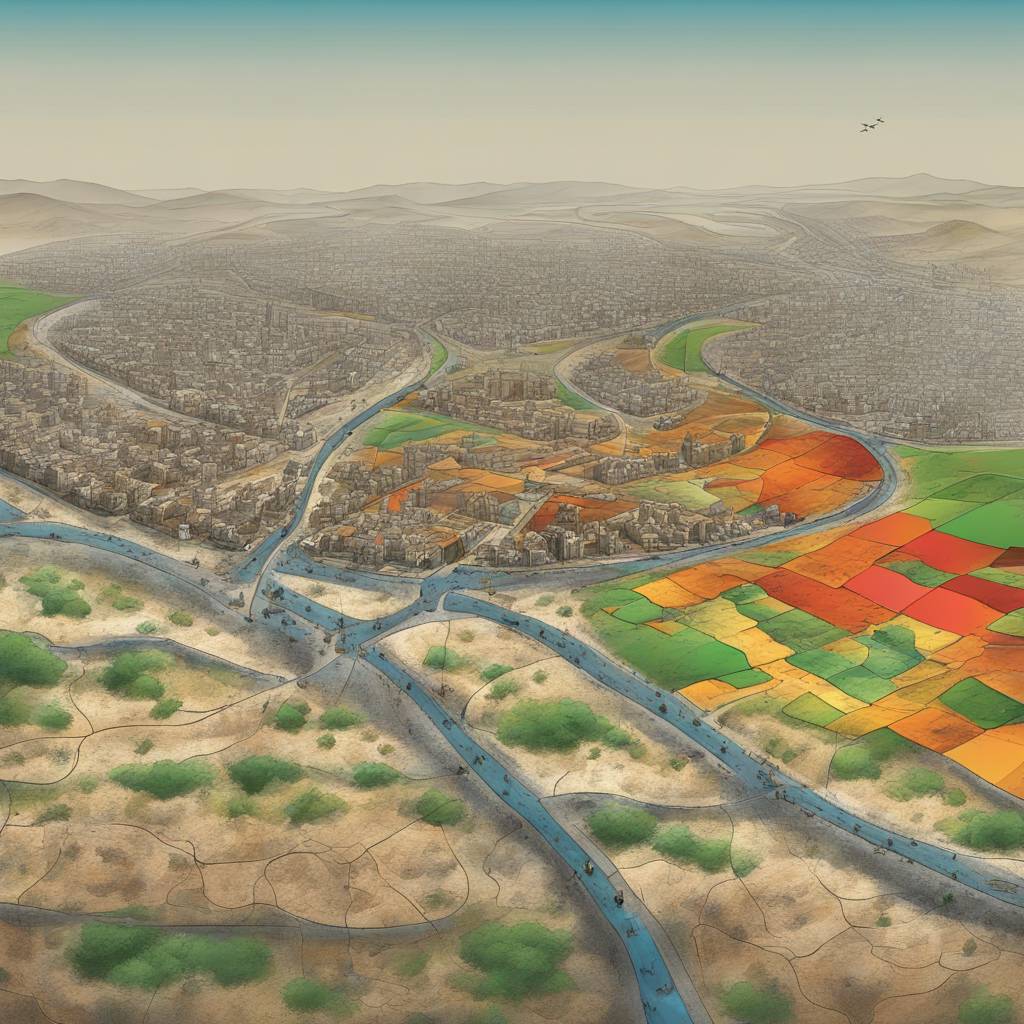sanitary conditions. The WHO has warned that the situation in Gaza is dire, with malnutrition rates among children increasing rapidly. The current restrictions on land crossings into Gaza are exacerbating the humanitarian crisis, as they limit the amount of food and medical supplies that can enter the region. The head of the WHO is urging for an expansion of land crossings in order to prevent famine and save lives in Gaza.
The ongoing humanitarian crisis in Gaza is a result of various factors, including the Israeli blockade, internal political divisions, and limited access to essential resources. The blockade has been in place for over a decade, severely restricting the movement of goods and people in and out of Gaza. This has created a dire situation where basic necessities such as food, water, and medical supplies are in short supply. The internal political divisions between Hamas, which controls Gaza, and the Palestinian Authority have also contributed to the crisis, leading to a lack of coordination and resources to address the growing humanitarian needs in the region.
In addition to the lack of access to basic necessities, the people of Gaza also face ongoing violence and conflict, which further exacerbates the humanitarian crisis. The recent escalation of violence between Israel and militant groups in Gaza has resulted in civilian casualties and widespread destruction. This has further strained the already fragile infrastructure in Gaza, making it even more difficult for humanitarian organizations to provide aid and assistance to those in need. The people of Gaza are caught in a cycle of violence and deprivation, with no end in sight to their suffering.
The international community has a responsibility to address the humanitarian crisis in Gaza and ensure that the basic needs of the population are met. The WHO is calling for immediate action to expand land crossings into Gaza in order to prevent famine and save lives. Humanitarian agencies must be allowed to operate freely in Gaza and provide essential services to those in need. This requires cooperation from all parties involved, including Israel, the Palestinian Authority, and Hamas, to ensure that humanitarian aid reaches those who need it most.
In addition to immediate humanitarian assistance, long-term solutions are needed to address the root causes of the crisis in Gaza. This includes lifting the blockade, addressing political divisions, and providing sustainable access to essential resources. The people of Gaza deserve to live in dignity and peace, free from the threat of famine and violence. The international community must work together to support the people of Gaza and ensure that they have the resources and support they need to rebuild their lives and their community.
The situation in Gaza is a stark reminder of the devastating impact of conflict and deprivation on civilian populations. It is essential that the international community takes urgent action to address the humanitarian crisis in Gaza and prevent further suffering and loss of life. By expanding land crossings into Gaza and providing essential resources and assistance to those in need, we can help alleviate the suffering of the people of Gaza and prevent a potential famine. It is time for the world to come together and stand in solidarity with the people of Gaza, who deserve to live in dignity and peace.













